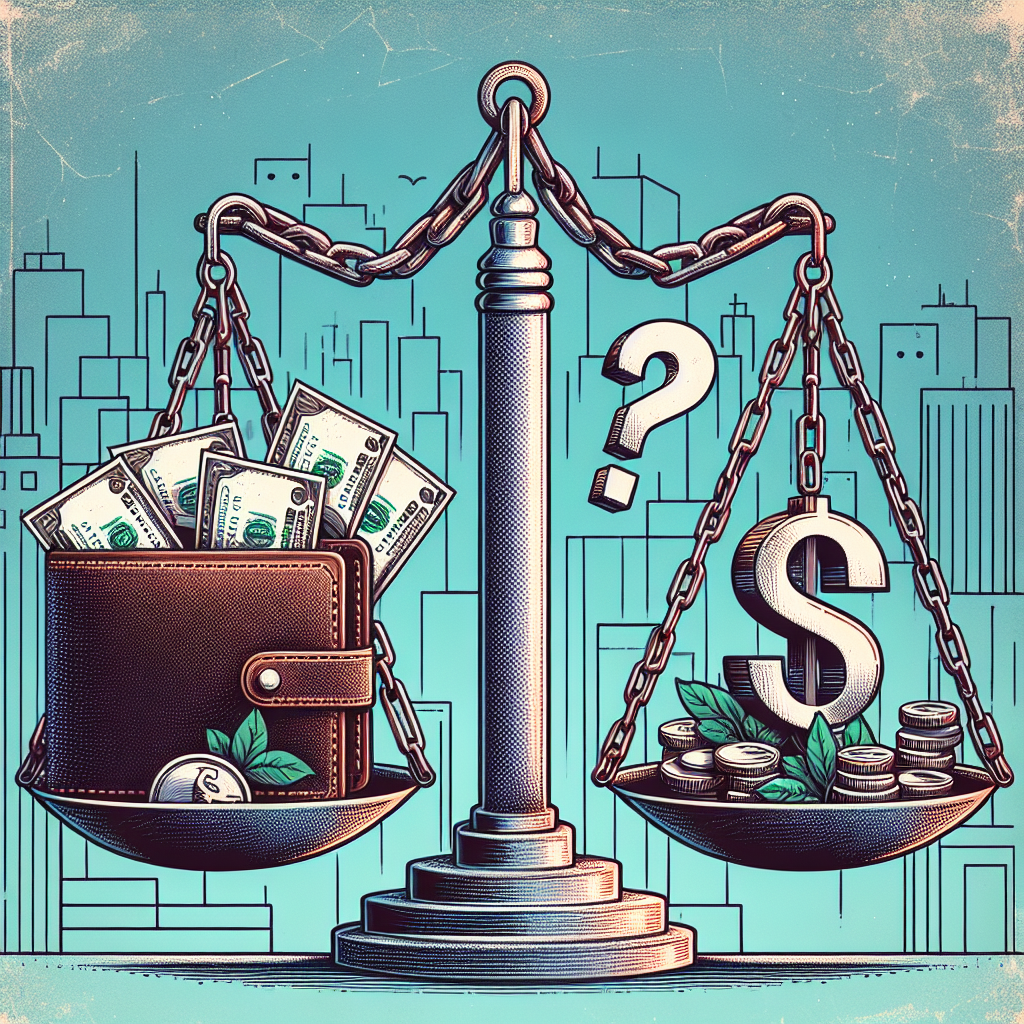Taxation as Theft? Understanding the Libertarian Rejection of Income Taxation
Taxation remains a deeply contentious issue across the political spectrum. Among the most resolute critics of taxation are libertarians, who argue that income tax is not just an economic obligation but also a violation of personal freedom. This article will delve into the libertarian perspective on taxation and unpack their assertion that income tax equates to theft.
The Libertarian Philosophy: Freedom and Individual Rights
At the core of libertarian thought is a fundamental emphasis on individual liberty. Libertarians advocate for minimal government intervention in people’s lives, believing that individuals should have the autonomy to make choices about their own resources and property. This philosophy extends to taxation, where many libertarians argue that forcibly taking a portion of a person’s income compromises their rights and stifles personal freedom.
Private Property and Ownership
Libertarians view private property as a cornerstone of a free society. They believe that individuals own their bodies and the fruits of their labor. Therefore, when the government imposes income tax, they see it as an infringement on private property rights. This belief solidifies the argument that income tax, in its nature, resembles theft—taking what rightfully belongs to someone without their consent.
Historical Context: The Evolution of Income Tax
To grasp the libertarian rejection of income taxation, it’s essential to understand its historical foundations. Income tax as we know it today emerged in the early 20th century, particularly with the 16th Amendment in the United States. This amendment allowed Congress to levy taxes on income, which many libertarians argue represents a significant deviation from the original intentions of the U.S. Constitution.
The Moral Argument Against Taxation
Libertarians often frame the debate over income tax not just as a legal issue but as a moral one. They argue that taxation, particularly income tax, is fundamentally coercive. For libertarians, any form of coercion—especially one that involves the government taking money from individuals—constitutes a moral failure. The concept of "taxation as theft" encapsulates this belief, suggesting that the government lacks the moral authority to take a person’s income.
The Economic Implications of Income Taxation
In addition to the philosophical arguments, libertarians highlight the economic ramifications of income taxation. They argue that high taxes stifle economic growth and innovation. By taking money away from individuals, the government reduces their ability to invest, save, and spend, which can ultimately lead to less economic dynamism.
Incentives and Disincentives
Libertarians assert that income tax creates disincentives for hard work and productivity. When individuals know that a significant portion of their earnings will be taxed away, they may feel less motivated to pursue higher-paid jobs or invest in their own education. This can lead to a culture of mediocrity, where economic potential is not fully realized.
Alternatives to Income Taxation
Given their strong opposition to income tax, many libertarians advocate for alternative revenue sources that align more closely with their principles. These alternatives include:
Consumption Tax
One proposed solution is a consumption tax, which taxes individuals based on their spending rather than their income. This aligns more closely with the libertarian philosophy of encouraging savings and investments, allowing individuals to retain more of their income.
Flat Tax
Another alternative is a flat tax system, which would impose a single tax rate on all income levels, eliminating the progressive tax system that many libertarians view as punitive. This could simplify the tax code and reduce the overall burden on taxpayers.
Critique of the Libertarian Position
While the libertarian perspective on taxation has a significant following, it is not without criticism. Opponents argue that taxes are essential for funding public goods, such as infrastructure, education, and national defense. They contend that without a collective system of taxation, society would struggle to address common challenges effectively.
The Role of Government
Critics also maintain that government plays a crucial role in regulating and stabilizing the economy. They argue that taxation, while imperfect, is a necessary tool for redistribution and social justice, ensuring that wealth is not concentrated in the hands of a few.
Conclusion: Reconciling the Debate on Taxation
The debate over taxation as theft is emblematic of larger philosophical disagreements about the role of government, the nature of individual rights, and the means by which society should finance its collective needs. While libertarians reject income taxation as a violation of freedom and property rights, advocates for taxation see it as essential to maintaining a functional and equitable society.
Ultimately, understanding the libertarian perspective on income tax can facilitate a more nuanced discussion regarding taxation, governance, and the balance between individual freedom and societal responsibility. Whether one agrees with the libertarian stance or not, it is clear that this ongoing debate will continue to shape political discourse and policy decisions for years to come.
Share this content:












Post Comment